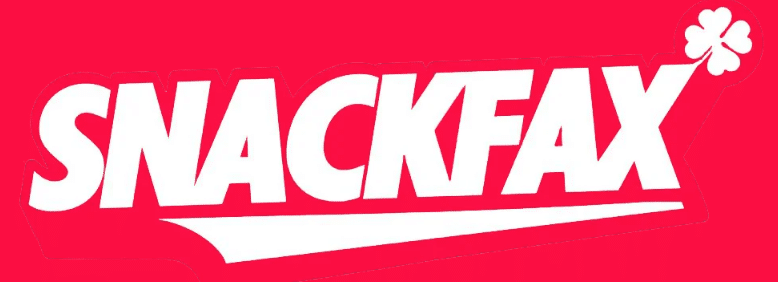Rice exporters and millers dealing in Basmati rice from Haryana, Punjab, and western Uttar Pradesh have halted their purchases from 300 wholesale markets across these regions starting Saturday evening. This decision comes in response to the government’s choice to maintain the minimum export price (MEP) at $1,200 per tonne, a level deemed excessively prohibitive for India’s Basmati exporters to effectively participate in the global market, according to industry leaders.
“A number of exporters and millers have stopped purchase of paddy/rice as the government has not lowered the MEP. This is despite the government promising us at the last meeting held on September 25 that the MEP will be lowered to $900 per tonne,” said Vijay Setia, former president of the All India Rice Exporters Association. “The meeting, which happened virtually, was presided over by Union commerce and industry minister Piyush Goyal.”
Exporters have reported that, to date, only 20% of the latest crop, specifically the 1509 variety, has been acquired, while the remaining 80% remains either in the possession of farmers or stored in wholesale markets (mandis).
Farmers in the three states are facing a significant dilemma, uncertain about where to market their freshly harvested Basmati rice, primarily destined for export and with limited domestic consumption. On August 25, the government imposed a ban on Basmati rice exports below the price of $1,200 per tonne to prevent the potential occurrence of “illicit” trade involving standard white non-Basmati rice disguised as premium Basmati rice. Furthermore, it suspended contracts for rice priced below $1,200 per tonne and instructed the Agricultural and Processed Food Products Export Development Authority to establish a committee for reviewing these contracts.
Raghbir Singh, an agitated farmer from Karnal, said, “The government’s decision not to lower the MEP will result in agitation from the farmers and will have an impact on the upcoming state elections.” “It should be monitored fortnightly to curb inflation and the price bar should be raised as per need” he said.
Out of the entire 1.7 million hectares of land devoted to Basmati rice cultivation, the 1509 variety encompasses approximately 40% of this area. In the fiscal year 2022-23, Basmati rice exports amounted to 4.5 million tonnes, valued at INR 38,524.11 crore, with the primary purchasers being Gulf nations. Over 80% of India’s Basmati rice production is earmarked for export. Setia acknowledged the government’s concern for managing inflation, which underpins their actions.
The Food Corporation of India markets its rice in the open market for INR 31.

